Beekeeping is a hobby with sweet rewards! Tending to bees brings its own rewards and achievements, but also a set of common challenges to be faced. Before ordering your bees and supplies, make sure you are prepared for these challenges you will likely encounter. Here are 5 challenges of becoming a beekeeper.
Local Beekeeping Ordinances
To ensure that this hobby is a possibility in your area, it’s crucial to check your local ordinances. Many cities allow beekeeping, but limit how many hives you can have. Be sure to contact your local beekeepers association and search your city’s government website for all regulations.
Stings
Bees easily sense fear and if they feel threatened, they will become defensive and as a result can sting as a last resort. They also are sensitive to dark clothing, strong smells, and fast movement like swatting. To prevent irritating your bees, wear white protective clothing such as a beekeeping suit and gloves, stand behind the hive to not block them, and stay calm. Remember to purchase a Little Giant® smoker that will help calm your bees with ease!
Health of Colony
Keeping your bees healthy can be a learning curve for new beekeepers. Diseases and parasites can infect your colony and may cause loss within your hive. The Varroa Mite is a common parasite that beekeepers need to be weary of. They not only feed on your bees’ blood, but they are highly reproductive which may result in your entire colony being attacked. For ways to keep your colony healthy, check out 7 Tips for Keeping Happy and Healthy Bees.
Proper Equipment
There are many necessary tools and equipment to purchase before you start your colony. Choosing and understanding how to use the proper equipment can be a learning curve for new backyard beekeepers. Little Giant® carries an entire line with hives, tools, accessories, and clothing to keep you protected and your bees cared for. The Little Giant® 10-Frame Deluxe Beginner Hive Kit will set you up with everything you need to dive right in including a book called, “Beekeepers for Dummies” that will help you navigate your hive.
Food Sources
For bees to make their honey, they need an abundance of nectar from flowers. It’s important to create a bee-friendly garden filled with pollen-rich flowers. Just like humans with food, bees can have preferences on what type of flowers they are willing to collect nectar from. Research your local area to determine which flowers you should plant around your buzzing friends. For more information and tips, check out Creating a Bee-Friendly Garden.
Overcoming the challenges that come with beekeeping can make the hard work worth doing! For more information, download our Free Little Giant® Guide to Beekeeping & Honey
Share your beekeeping and #hardworkworthdoing photos with us!


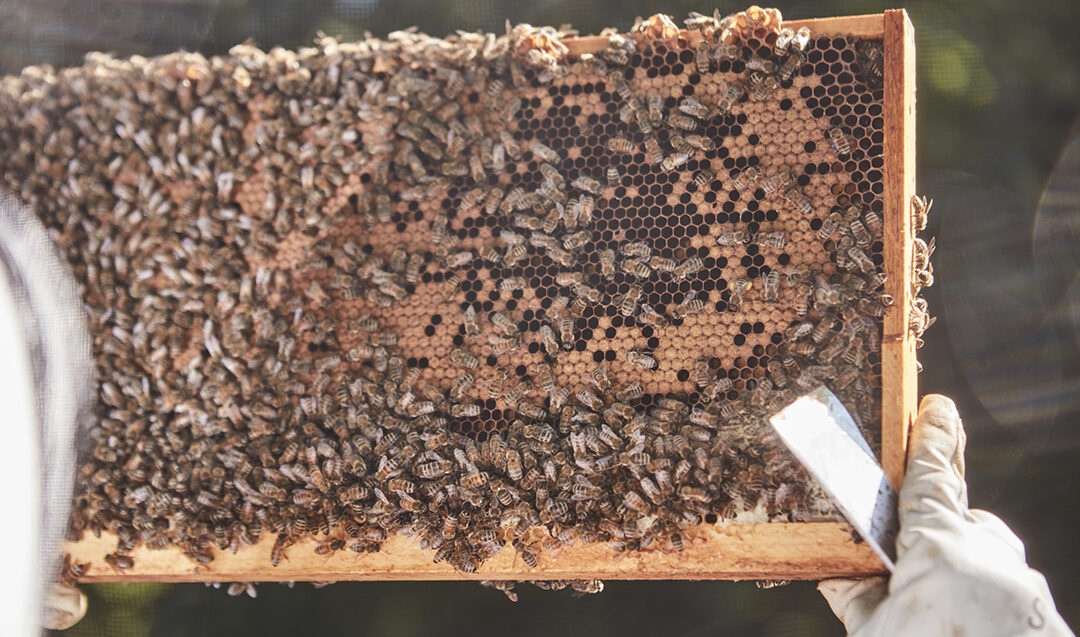
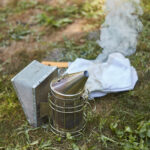
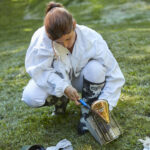
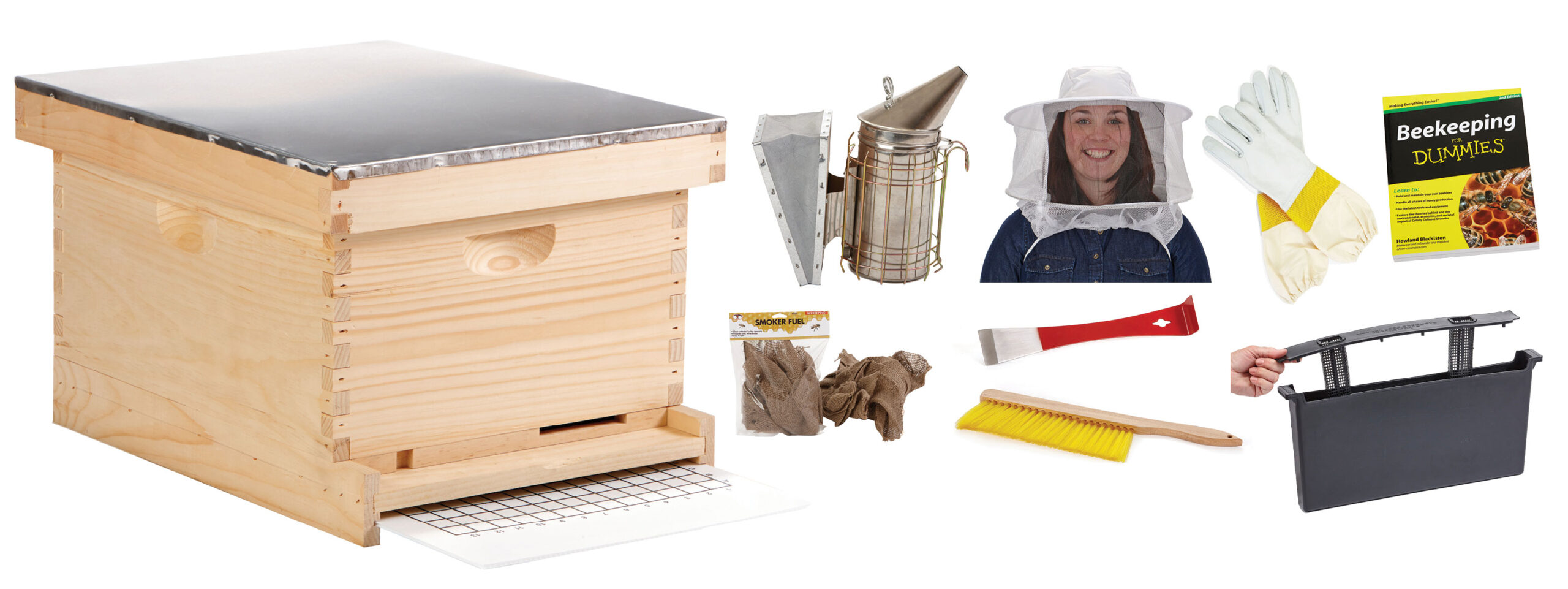
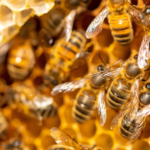
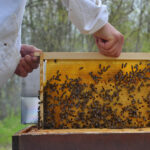
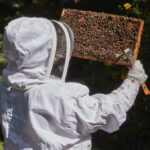
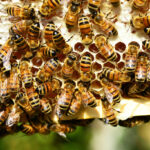
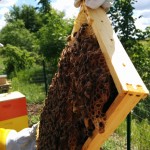
Do you make copies of your literature on beekeeping available to local beekeeping associations? Treasurer of Cheatham County Beekeeper Association, in Ashland City Tennessee.
Hi Ron, please contact us at [email protected] and include the address of the place we can send some literature to. Thanks!